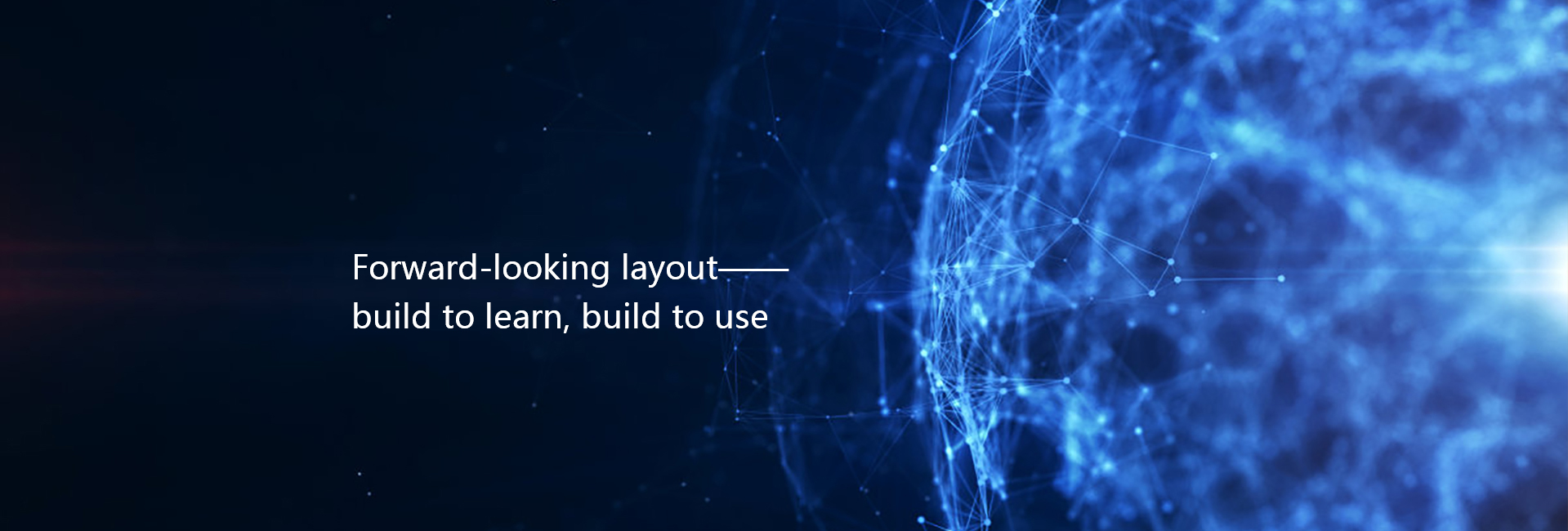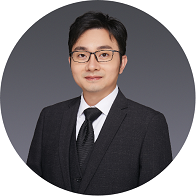

The Shi Lab will focus on systematically decoding signaling network of immune cells by interdisciplinary approach, including novel mass spectrometry technique, to design new synthetic immunology therapeutics.
Dr. Xiaoshan Shi, received his BS degree in biotechnology from Shanghai Jiao Tong University in 2009, and PhD degree in biochemistry and molecular biology from Shanghai Institute of Biochemistry and Cell Biology, Chinese Academy of Sciences in 2015 under the supervision of Dr. Chenqi Xu, working on the regulatory mechanism of T-Cell Receptor Complex phosphorylation. He then obtained postdoctoral training studying mechanism of ULK1 complex mediated autophagy from 2016 to 2021 in James Hurley Lab at University of California, Berkeley. He has published papers in Nature, Cell, JCB, eLife, PNAS and other journals, and has won prizes including Ray Wu Prize and The Excellent Doctoral Dissertation Award of Chinese Academy of Sciences. Dr. Shi is a professor in Institute of Synthetic Biology, Shenzhen Institutes of Advanced Technology, Chinese Academy of Sciences since 2021.
The Shi Lab will focus on systematically decoding signaling network of immune cells by interdisciplinary approach, including novel mass spectrometry technique, to design new synthetic immunology therapeutics.
EMAIL: xs.shi@siat.ac.cn
Publications/Patents (recent)
Xiaoshan Shi#; Yunchen Bi#; Wei Yang#; Xingdong Guo; Yan Jiang; Chanjuan Wan; Lunyi Li; Yibing Bai; Jun Guo; Yujuan Wang; Xiangjun Chen; Bo Wu; Hongbin Sun; Wanli Liu; Junfeng Wang*; Chenqi Xu*; Ca2+ regulates T-cell receptor activation by modulating the charge property of lipids, Nature, 2013, 493(7430): 111-115.
Lunyi Li#; Xiaoshan Shi#; Xingdong Guo; Hua Li; Chenqi Xu*; Ionic protein–lipid interaction at the plasma membrane: what can the charge do?, Trends in Biochemical Sciences, 2014, 39(3): 130-140.
Lunyi Li#; Xingdong Guo#; Xiaoshan Shi#; Changting Li#; Wei Wu; Chengsong Yan; Haopeng Wang; Hua Li; Chenqi Xu*; Ionic CD3-Lck interaction regulates the initiation of T-cell receptor signaling, Proceedings of the National Academy of Sciences of the United States of America, 2017, 114(29): E5891-E5899.
Wei Wu#; Qiuping Zhou#; Takeya Masubuchi#; Xiaoshan Shi#; Hua Li; Xinyi Xu; Min Huang; Li Meng; Xing He; Hengyu Zhu; Shuaixin Gao; Nan Zhang; Ruirui Jing; Jie Sun; Haopeng Wang; Enfu Hui*; Catherine Chiulan Wong*; Chenqi Xu*; Multiple Signaling Roles of CD3ε and Its Application in CAR-T Cell Therapy, Cell, 2020, 182(4): 855-871.
Xiaoshan Shi#; Adam L. Yokom#; Chunxin Wang; Lindsey N. Young; Richard J. Youle; James H. Hurley*; ULK complex organization in autophagy by a C-shaped FIP200 N-terminal domain dimer, Journal of Cell Biology, 2020, 219(7): e201911047.
Xiaoshan Shi#; Chunmei Chang#; Adam L. Yokom#; Liv E. Jensen; James H. Hurley*; The autophagy adaptor NDP52 and the FIP200 coiled-coil allosterically activate ULK1 complex membrane recruitment, eLife, 2020, 9: e59099.
Chunmei Chang; Xiaoshan Shi; Liv E. Jensen; Adam L. Yokom; Dorotea Fracchiolla; Sascha Martens; James H. Hurley*; Reconstitution of cargoinduced LC3 lipidation in mammalian selective autophagy, Science Advances, 2021, 7(17): eabg4922.